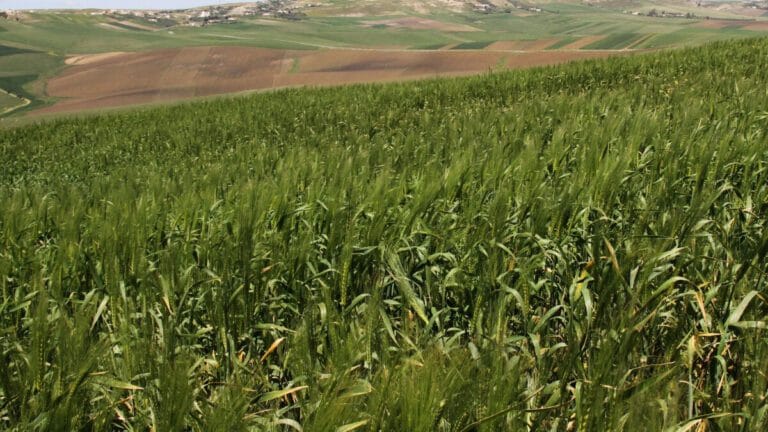Launched in 2020 to succeed the Green Morocco Plan, the Generation Green strategy enters a decisive phase of consolidation. It pursues a triple objective: to promote the emergence of a rural middle class, to encourage youth entrepreneurship, and to promote resilient agriculture in the face of climatic and technological challenges.
To date, nearly 10,000 young people have been supported, carrying nearly 3,900 agricultural projects spread across the entire territory, according to figures from the Minister of Agriculture, Ahmed El Bouari. This dynamic relies on a network of 12 dedicated regional centers, local branches, and a regional agricultural incubator plan aimed at ensuring effective local support.
In this modernization logic, the ChababAgri platform embodies an important advancement: it digitizes administrative procedures and makes the entrepreneurial journey in rural areas more accessible.
A strong ambition, persistent challenges
The support system is not limited to technical assistance: Agricultural Development Fund (FDA), solidarity agriculture, aggregation, and incentives for land ownership complement the support arsenal. Access to financing is also encouraged, notably through the Al Moustatmir Al Qaraoui program, supported by the Moroccan Agricultural Credit Group.
International supports – EU, AFD, World Bank – are also mobilized to strengthen credit lines. However, regional inequalities in access persist, and mountain areas or non-traditional crop zones suffer from a lack of technical engineering. Several young farmers also point out that support is still too administrative, distant from on-the-ground realities.
Land and training, critical levers
Access to collective land ownership is a cornerstone of the strategy, with a goal of mobilizing one million hectares. But the complexity of procedures, the absence of a harmonized cadastre, and administrative delays slow down the real impact on rural employment.
On the training side, the stakes are high. While the offer is evolving, it still struggles to meet the new needs of innovative sectors: drones, precision agriculture, artificial intelligence… These are skills that are still not widely disseminated in traditional pathways.
Sustainable agriculture in the face of climate urgency
In the face of increasing water stress, Generation Green places sustainability at the heart of its vision. Actions are being taken in favor of localized irrigation, recyclability of treated wastewater, and climate-smart agriculture.
The launch of a national competition for innovative agricultural projects illustrates this desire to foster more resilient agriculture. However, the pace of climate change requires accelerated adaptation. The ministry calls for a continuous review of priorities, particularly in favor of resource-efficient and adapted sectors such as cactus, olive trees, or aromatic plants.
In summary, Generation Green lays the foundations for a new agricultural model, centered on innovation, sustainability, and the inclusion of youth. To succeed by 2030, it will be necessary to maintain a high deployment pace, strengthen coordination among stakeholders, and above all, transform youth into true actors of their agricultural future.
With FNH


